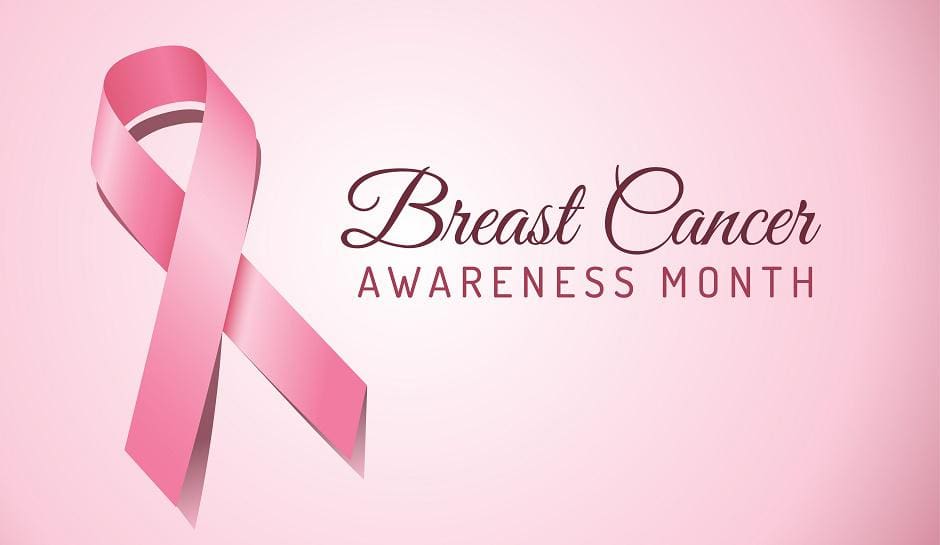Breast Cancer Awareness Month

October is Breast Cancer Awareness Month, a time dedicated to increasing awareness, encouraging screenings, and supporting those affected by breast cancer. While much of the conversation around breast cancer focuses on women of all ages, it’s especially important to highlight the unique challenges faced by the elderly community in battling this disease.
As we age, our health needs change, and the risk of developing breast cancer increases. According to the American Cancer Society, nearly half of all new breast cancer diagnoses occur in women over the age of 65. Yet, despite the higher risks, elderly individuals are often underrepresented in cancer awareness efforts and may not always receive the attention or resources they need for timely screenings and treatments.
The Importance of Early Detection for Seniors
For elderly women, early detection remains a key factor in improving breast cancer outcomes. However, there are barriers that can prevent this population from receiving adequate screening:
- Limited mobility or transportation challenges: Elderly individuals may find it difficult to get to healthcare appointments due to physical limitations.
- Misconceptions about age and cancer risk: Some seniors believe they’re “too old” for cancer screenings, thinking that breast cancer is only a concern for younger women.
- Financial or insurance concerns: Even with Medicare and supplemental insurance, some seniors may face out-of-pocket expenses that deter them from seeking preventive care.
Encouraging Regular Screenings
It’s important to remind elderly loved ones that mammograms and clinical breast exams are essential, even in later stages of life. Regular screenings can catch cancer early, when it’s most treatable. Encourage open conversations with healthcare providers about their individual risks and the benefits of continued screening.
Emotional and Mental Health Support
Beyond the physical aspects of breast cancer, the emotional toll can be significant, especially for seniors who may already be dealing with isolation, loss, or other health challenges. For elderly breast cancer patients, strong emotional support is essential. This might include:
- Counseling or support groups specifically tailored to elderly cancer patients, where they can share experiences with others in similar situations.
- Family involvement: Engaging family members and caregivers in discussions about care plans, treatment options, and emotional well-being.
- Community resources: Many local organizations offer resources like transportation to treatment centers, financial assistance, and in-home care to help elderly patients manage their care.
A Community Effort
Raising awareness about breast cancer in the elderly community is not just a healthcare issue—it’s a community responsibility. We can all take steps to support the elderly by promoting regular screenings, being aware of resources available to them, and offering emotional support during their cancer journey.
During Breast Cancer Awareness Month, let’s extend our efforts to include our elderly loved ones and ensure they receive the care, attention, and compassion they deserve.
By working together, we can make a difference in the fight against breast cancer—no matter the age.
When Does Old Age Begin? Debunking Myths and Understanding Realities
As we journey through life, the concept of old age often looms ambiguously, varying from…
Read More10 Warning Signs Your Older Family Member May Need Help
If your loved one exhibits any of the following, it might be time to consider…
Read MoreWorld Elder Abuse Awareness Day
June 15th is World Elder Abuse Awareness Day. Older people throughout the United States lose…
Read MoreIn Honor of Older Americans Month, meet TJ.
Every May, the Administration for Community Living observes Older Americans Monthto recognize the contributions of…
Read MoreOlder Americans Month
May is #OlderAmericansMonth! The theme for 2024 is, #PoweredByConnection, which recognizes the profound impact of…
Read MoreUnderstanding Homecare: A Guide for Families
Introduction: Homecare is a vital service for many families, providing essential support for those who need…
Read More- « Previous
- 1
- 2
